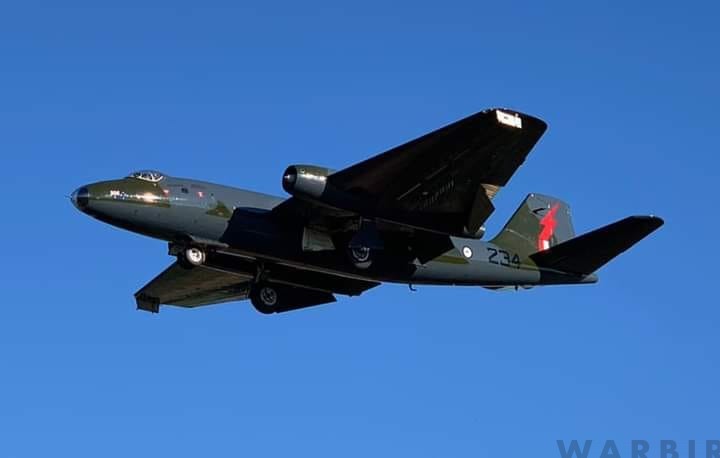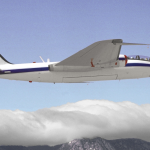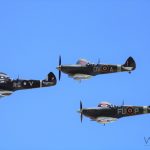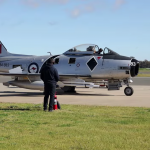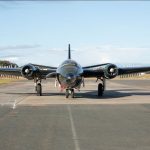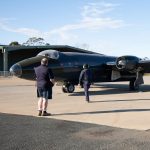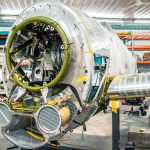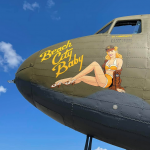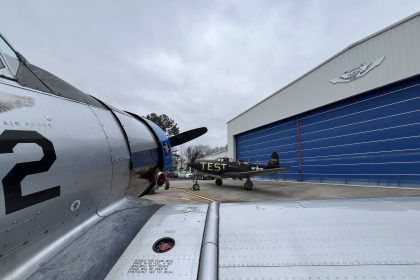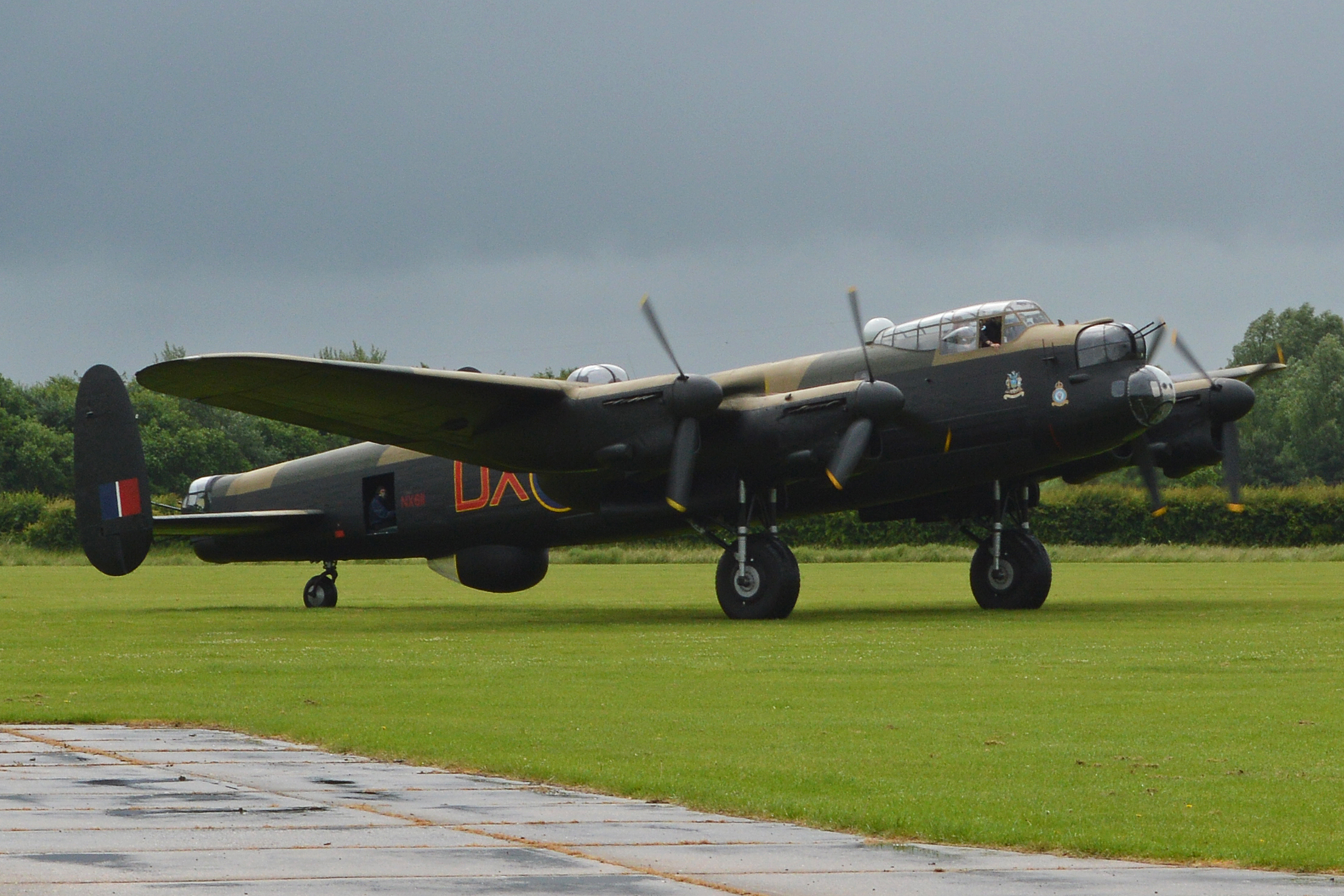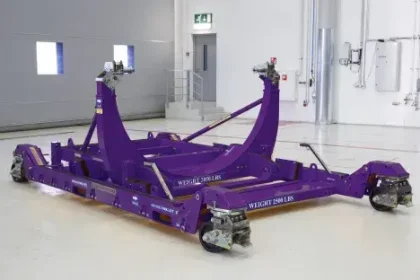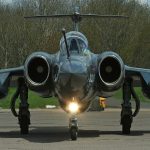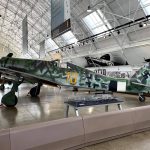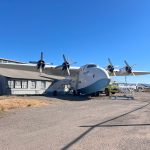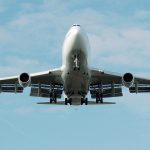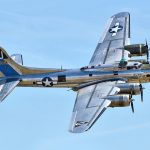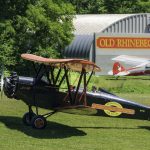After a significant effort over a number of years, we are happy to report that the Temora Aviation Museum successfully performed a test flight with their English Electric Canberra TT.18 WJ680 on June 27th, 2021. One of 11 aircraft in The Royal Australian Air Force’s (RAAF) 100 Squadron Temora Historic Flight collection, returns to flight after an 11-year hiatus, last flown on 5th June 2010. The flight took place at the museum’s home airport in Temora, New South Wales, just 150 miles or so north west of Australia’s capital city of Canberra. Outside of NASA’s fleet of three WB-57 Canberras, WJ680 is presently the only currently airworthy example of the breed anywhere in the world, although that will hopefully change in the not-too-distant future, with at least one other example under restoration to fly in the USA (B.6 XH567 at Lampson Field, Lakeport, California).
As reported in the museum’s recent newsletter, after a three-year restoration process, the Temora Aviation Museum Engineering Team, led by Chief Engineer Andrew Bishop, and supported by RAAF 100SQN, have successfully converted the highly corrosive cartridge start engines to electric start engines, ensuring the longevity of this aircraft.
The return to service of this aircraft makes it once again the only airworthy Canberra Bomber in Australia, and the RAAF and Temora Aviation Museum are honored to have been able to ensure her return to the sky.
Test pilot Darren “Buster” Crabb had not flown the aircraft since 2008, but he had this to say after his first flight, “The engineers have done a fantastic restoration, and through our ground school I was able to re-affirm all of the numbers and put them into practice during the first flights.”
When the conversion pilot Mark Binskin was asked about his first flight, he said, “I was naturally a little timid with it to start off with, but it is a beautiful aircraft to fly, with plenty of performance, and when you consider it was built in the late 1940s, it really is a great design! It is an absolute honour to be selected to fly this vintage jet, owned and operated by RAAF 100SQN.”
The Temora Aviation Museum and RAAF 100SQN Temora Historic Flight intend on displaying this aircraft publicly at the next Aircraft Showcase in Temora, scheduled for October 9th & 10th, 2021.
A video of the first flight is available below.

The English Electric Canberra design dates back to the late 1940s. It has an all-metal, semi-monocoque fuselage with a cantilevered wing and, oddly enough, a wooden vertical stabilizer. English Electric, Avro, Short Brothers and Handley Page manufactured 900 examples in their UK factories from 1948, while the Government Aircraft Factory built 49 in Australia. The U.S. Air Force also bought the Canberra as a replacement for the Douglas A-26 Invader medium bomber. They selected the Glenn L. Martin Company to modify the design and manufactured them in the USA as the Martin B-57. Martin built 403 B-57s.
As many readers will know from previous articles at WarbirdsNews, the Temora Aviation Museum’s Canberra TT.18 served in the RAF as WJ680. She entered service in December 1955 as part of 551 Wing RAF Bomber Command, based at RAF Gütersloh in Germany. However, in February 1956 she suffered damage in an accident which resulted in a 12 month removal from service. Shortly after her repairs and return to 59 Squadron, the aircraft again suffered extensive damage from a bird strike during a low level training mission, damaging the canopy, engine cowlings, tailplane and the wooden fin fitted to the UK-built machines.
Repaired yet again, the aircraft was reassigned to a UK based maintenance unit where she remained in storage for ten years. In 1967, WJ680 left storage for conversion by British Aerospace to TT.18 standard, carrying the Rushton-designed target-towing system. However, following the rework, she again entered storage, this time until 1971. In December 1972, the unlucky Canberra was involved in yet another incident, which resulted in the navigator ejecting for safety reasons. More repairs followed and she returned to service with RAF 7 Squadron on target towing duties, flying with them until 1980, this time without incident. She then returned to British Aerospace at Salmesbury for major servicing.
After the overhaul, WJ680 joined 100 Squadron where she remained on strength until December 18th, 1991, the date of her last flight in RAF service. She then went into open storage at RAF Wyton until the British Ministry of Defense sold her to Ron Mitchell in 1992. In 1994, now on the British registry as G-BURM, the Canberra made her first air display under civilian ownership, flying at Duxford.
The Temora Aviation Museum acquired WJ680 in May 2001. Upon acquisition, the Museum repainted her to represent a Canberra flown by Royal Australian Air Force 2 Squadron during the Vietnam conflict. The aircraft is maintained in excellent condition and remains to this day the only flyable English Electric Canberra in Australia.
Many thanks to Phil Buckley/Down Under Aviation News, Temora Flyers Inc. and Matt Scott for the image and video clips.







